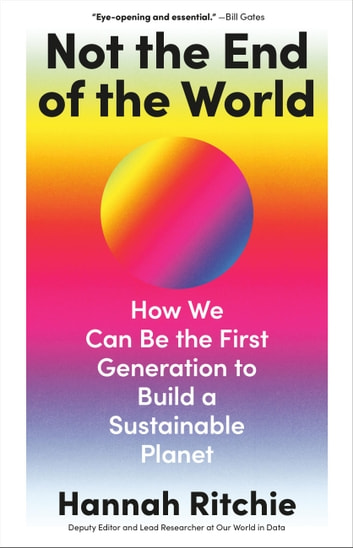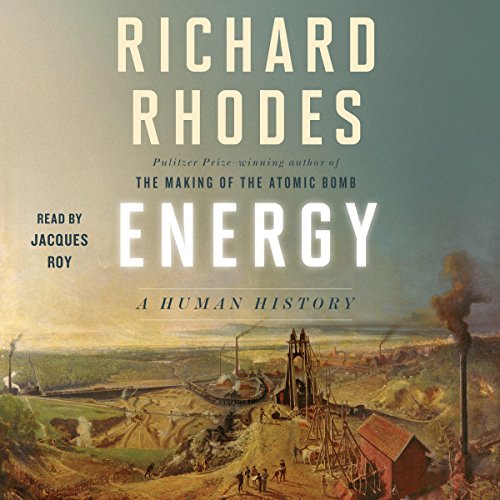Books of Interest
Website: chetyarbrough.blog
“Not the End of the World” (How We Can Be the First Generation to Build a Sustainable Planet)
By: Hannah Ritchie
Narrated by: Hannah Ritchie

Hannah Ritchie (Author, Scottish data scientist, senior researcher at the University of Oxford, undergraduate degree in environmental geoscience and master’s in carbon management, working on a Ph D.)
Hannah Richie is vilified by some environmentalist who suggest she looks at global warming as a problem on its way to resolution. They argue Richie offers an unreasonably optimistic view of global warming. She obviously believes global warming is real, but argues history shows humanity is dealing with the crises and is working on what must be done to survive the future.
A little history: Since 1850, the National Oceanic and Atmospheric Administration estimated the world temperature would increase by 2 degrees Fahrenheit per decade. However, in 2023 NOAA shows the actual average has been 2.43 degrees Fahrenheit per decade since the 1850s. The 10 warmest years have been in the last decade.

Though the exact temperature increase is disputed by other scientific studies, there is no rational disagreement on evidence of warming. Global warming is having an effect on world’ biodiversity.
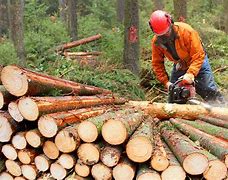
Richie notes loss of forest lands from farming and timber production adds to global warming because trees absorb carbon dioxide from the air.
Atmospheric carbon-load increases global warming. Counter intuitively, Richie argues the building of cities and concentration of populations improves the world’s environment by moving people into the city which aids biodiversity in the country. She argues population services in a city reduces inefficient travel, conserves energy, encourages mechanized farming, reduces the environmental load of human’ waste disposal, and promotes community-wide water conservation.
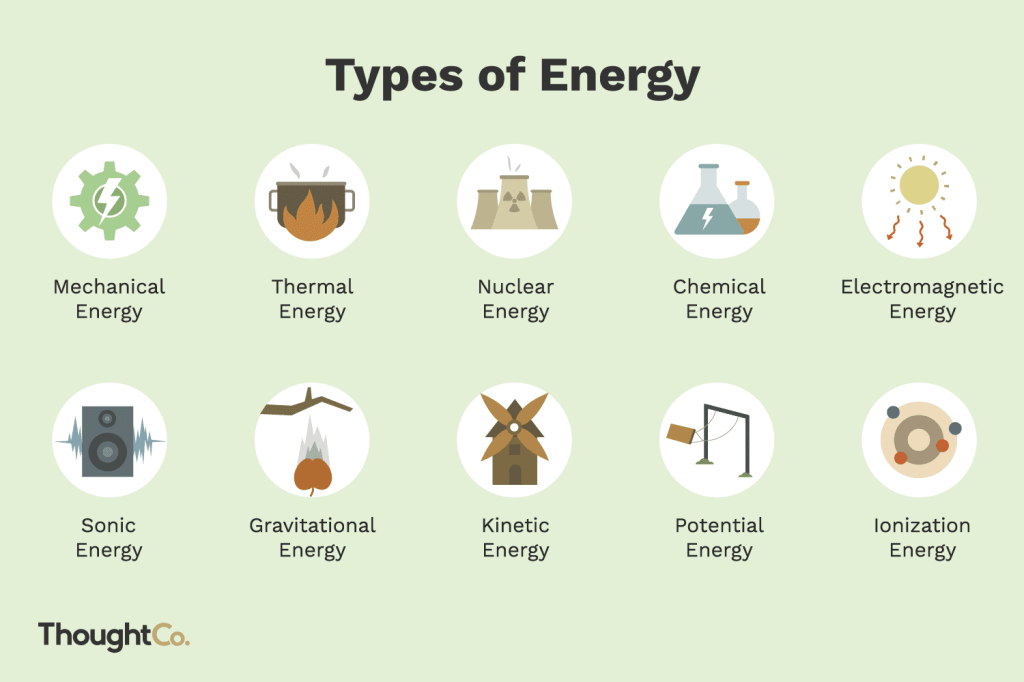
As noted by many historians, sources of energy that are polluting the atmosphere have changed over the centuries. With few exceptions, these energy sources required burning. The world has moved from wood burning to coal to oil to non-burning energy sources like nuclear and alternative energy sources that have reduced carbon in the atmosphere. Richie notes each stage of energy development has incrementally reduced pollution, but global warming continues because of population increase and the continued use of fossil fuels in industrial production.
Richie notes the rate of world population increase has incrementally decreased and continues to decline with fewer babies being born per family.

Richie believes earth’s human population will plateau at around 10 billion people. At the same time the machine age and technology will improve efficiency of fossil fuel use to reduce the rate of environmental pollution. Richie infers the hope of limiting earth’s warming to 1.5 degree centigrade in this century (3 degrees Fahrenheit) is unlikely to be achieved. Still, she remains optimistic based on human history’s technological improvements since the agricultural and industrial revolutions. Richie is a proponent of nuclear energy because of its efficiency and clean energy potential. She discounts nuclear accidents by noting even with the worst nuclear accident at Chernobyl, deaths were minimal. (Less than 40 people were killed in the disaster with some disagreement about the number of deaths from indirect exposure.)
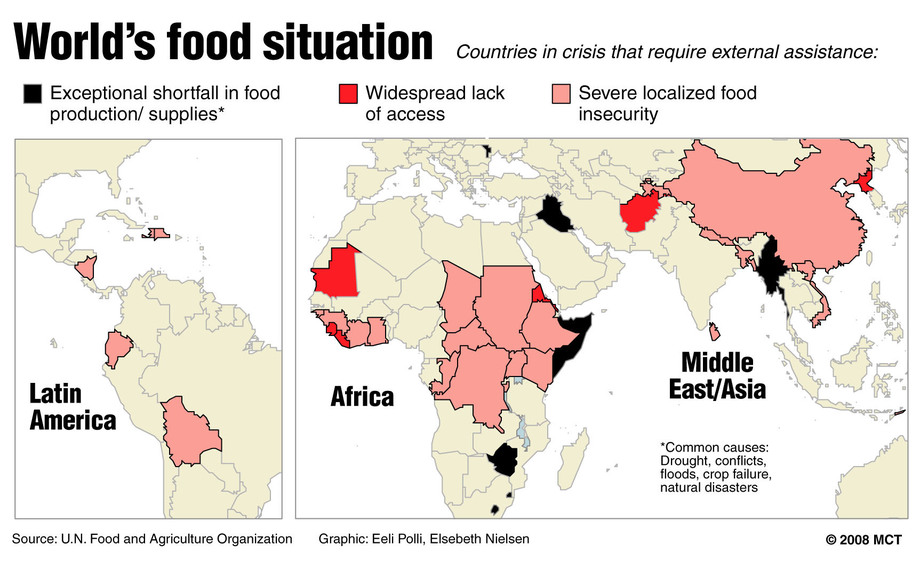
What is off-putting to many people is Richie’s argument for societal change. She argues the world population must become more vegan because of the negative environmental consequence of raising beef and sheep for food. Richie argues food shortages are the greater risk to human survival. To sustain the lives of ten billion people in the world, Richie believes there is not enough arable land to raise livestock and feed the hungry. She implies only with the advance of agricultural research and produce, including the creation of nutritious meat substitutes, can the world’s future population be sustained.
The threat Richie gives at the end of her book is that that speed of today’s individual extinction of species is a clear warning of what may be the sixth mass extinction, the Anthropocene Extinction, the death of humankind. She advises that a Sixth Extinction event, unlike former extinction events, can be stopped because it is manmade. Richie explains how a Sixth Extinction can be un-manmade by human beings’ actions. Richie argues humans are responsible for despoiling earth and it is up to humans to change nature’s degradation and its potential for a Sixth Extinction.

Richie offers solutions for global warming that are in the hands of humanity. She may be overly optimistic but hope changes to reality with action.

